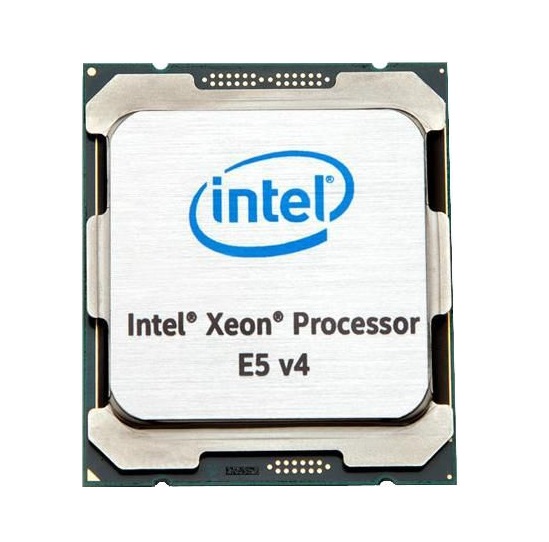CPUs and Processors
Welcome to our online store, where we offer a wide range of CPUs and processors for your computing needs. Whether you're building a new computer or upgrading your existing system, we have the right CPU or processor for you.
CPUs (Central Processing Units) and processors are the most important component of a computer system. They are responsible for executing all the commands and processing data. A good CPU or processor can make a significant difference in the performance of your computer, making it faster and more responsive.
Benefits:
High performance:A good CPU or processor can significantly improve the performance of your computer, making it faster and more responsive.
CPUs (Central Processing Units) and processors are the most important component of a computer system. They are responsible for executing all the commands and processing data. A good CPU or processor can make a significant difference in the performance of your computer, making it faster and more responsive.
Routers are essential devices for setting up a network in your home or office. They allow multiple devices to connect to the internet and each other, providing greater convenience, flexibility, and productivity. In this article, we will discuss the benefits of routers, the different types available, their components, and how to maintain them. Routers provide a reliable and stable connection to the internet, allowing multiple devices to connect simultaneously. Routers have built-in security features that protect your network from unauthorized access and potential threats. Routers allow you to share files, printers, and other resources among multiple devices, increasing productivity and efficiency. These are routers that use Ethernet cables to connect devices to the network. These are routers that use Wi-Fi to connect devices to the network. These are routers that have two WAN (Wide Area Network) ports, allowing for two separate internet connections. The CPU is the core component of the router that handles data processing and network management. RAM is the temporary memory that the router uses to store network data. Flash memory is the permanent memory that the router uses to store its firmware and configuration settings. Ethernet ports allow devices to connect to the router using Ethernet cables. Wireless antennas transmit and receive Wi-Fi signals between the router and connected devices. To ensure the optimal performance of your router, regular maintenance is crucial. Here are some tips for maintaining your router: Keep the router clean and free of dust and debris. Update the firmware regularly to ensure compatibility with the latest security and performance updates. Position the router for optimal signal strength and range. Change the default login credentials to secure your network. If experiencing connectivity issues, check for interference from other wireless devices or physical obstacles that may be blocking the signal. Routers are essential devices for setting up a network in your home or office, providing reliable connectivity, built-in security, and increased productivity. By understanding the benefits of routers, the different types available, their components, and how to maintain them, you can choose the right router for your needs and ensure optimal performance.Routers
Benefits of Routers:
Connectivity:
Security:
Productivity:
Types of Routers:
Wired Routers:
Wireless Routers:
Dual WAN Routers:
Components of Routers:
CPU:
RAM:
Flash Memory:
Ethernet Ports:
Wireless Antennas:
Maintenance of Routers:
Conclusion:












